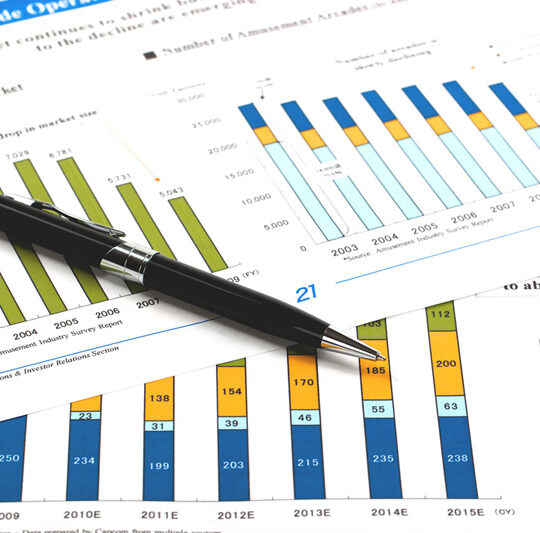UK households struggled to keep up with their mortgage payments in the last half of 2023, new figures show.
The Household Finance Review, published this week, showed there was a 24 per cent rise in the number of homeowners in mortgage arrears in the third quarter of 2023 compared to a year earlier.
The report from UK Finance said arrears numbers first showed a “marginal increase” in the final quarter of 2022 and since then there has been further and more material increases in borrowers behind on their payments.
It is expecting this trend to continue into the end of this year with a larger increase on the cards.
“Arrears saw an expected larger rise in Q3, with signs that more increases lie ahead,” the report read.
“Cost and rate pressures have pushed more customers into a payment shortfall and increased the pressure on those already in arrears.














